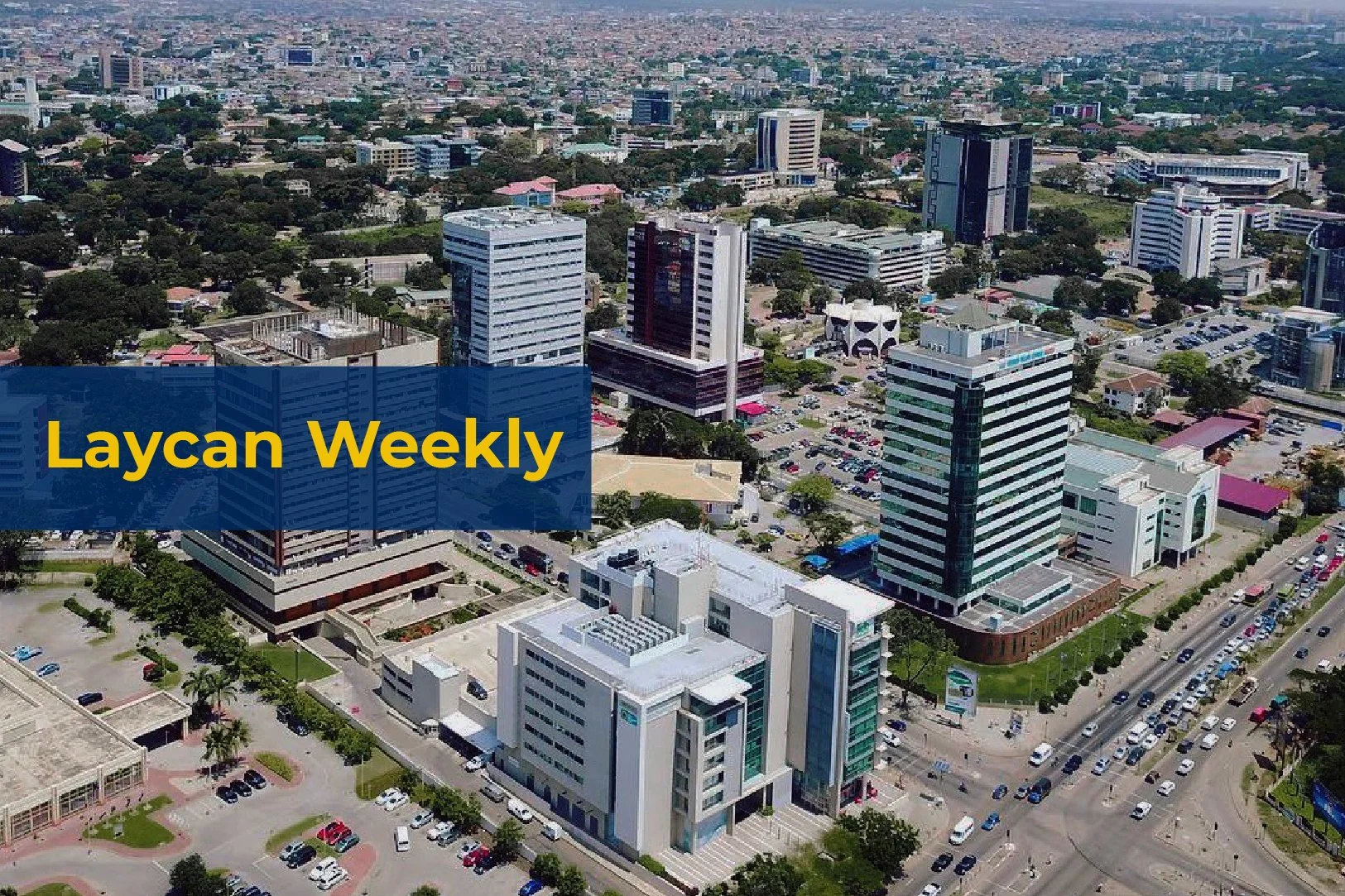Accra’s Pivot: From Cedi Wars to a New Energy Future
The final week of August showed Ghana at an inflection point. Monetary reforms, fiscal promises, high-stakes investor outreach and a bold rebrand came together to reveal a country struggling with immediate pressures yet still trying to sketch a different energy future.
On 27 August, the Bank of Ghana tightened its foreign exchange auctions, compelling petroleum importers to use the interbank market. The move was meant to steady fuel prices and conserve reserves. Two days earlier, the Bank had issued a blunt warning against unauthorised FX trades, a strike at the parallel market that has long gnawed at the cedi’s credibility. But rules are one thing, trust is another. For bulk distributors, what matters is not the paperwork but whether dollars can actually be found. The episode inevitably recalls the early 1990s, when IMF-backed auctions collapsed as soon as reserves dried up. Today’s institutions are sturdier, but the true measure will be whether this system can hold when pressure mounts.
Fiscal reform opened another front. The Ministry of Finance announced plans for an Independent Fiscal Council to police public spending. Energy arrears and hidden liabilities have drained Ghana’s coffers for years, unsettling investors. A firm, respected watchdog could restore discipline, just as the Petroleum Revenue Management Act once did. Yet one must ask: will it be a real check or just another committee? If it turns out hollow, the credibility gained could vanish overnight.
Accra was also looking outward. At the Africa–Singapore Business Forum on 26 August, President Mahama pitched Ghana as a gateway to the AfCFTA, emphasising renewable corridors and the petroleum hub. At home, the Future of Energy Conference on 26–27 August hammered home a blunt reality: Africa’s transition will stall without private capital and climate finance. Public treasuries alone simply cannot carry the burden.
Perhaps the week’s most symbolic act came from the Bulk Oil Storage and Transportation Company. On 28 August, it unveiled a new identity — BOST Energies. Born in the 1990s to guarantee petroleum supply after chronic shortages, BOST came to stand for depots and reserves. Now it wants to be seen as a player in gas, renewables and even carbon logistics. Branding exercises are easy; turning them into investment flows is not. Still, the rebrand reflects a broader pattern across the world: national oil companies scrambling to re-present themselves as engines of a post-hydrocarbon era.
Ghana’s manoeuvres echo a wider continental shift. Imports of Chinese solar panels jumped 60 per cent in the year to June, reaching 15 gigawatts. What began as a South African boom is now spreading to Mali, Somalia and Sudan, proof that solar is no longer a niche story. South Africa signed a decade-long deal to adapt its ports for transition logistics, a reminder that infrastructure can either propel or choke an energy shift. The run-up to Africa Energy Week in Cape Town reinforced the same point: finance, not rhetoric, is now the decisive bottleneck.
Global markets formed the backdrop. A Reuters poll put Brent crude at just under 68 dollars a barrel for 2025, with OPEC+ output raising the risk of oversupply. In the United States, renewable investment fell by more than a third in the first half of the year, hobbled by regulatory delays and political rancour. Europe moved in the opposite direction, drawing steady inflows and helping global clean-energy investment hit 386 billion dollars. Solar generation doubled in only three years, while low-carbon power topped 40 per cent of global supply in 2024. Meanwhile the climate debate itself shifted: no longer about trimming emissions at the edges, but about whether fossil fuels can be phased out altogether.
For Ghana, these are not remote events. They are the tides against which its own vessels must sail. The credibility of the Bank of Ghana’s auctions, the independence of a fiscal council, the substance behind BOST Energies’ ambitions and the traction of investor diplomacy will all be tested in a world where oil prices, capital flows and climate politics change with unforgiving speed.
Accra’s pivot tells a wider truth. Finance and energy are no longer parallel tracks; they have fused into a single story that will define Ghana’s future. The test is not in declarations but in delivery — whether institutions can turn intent into lasting credibility as the global system edges, unevenly but unmistakably, beyond hydrocarbons.

